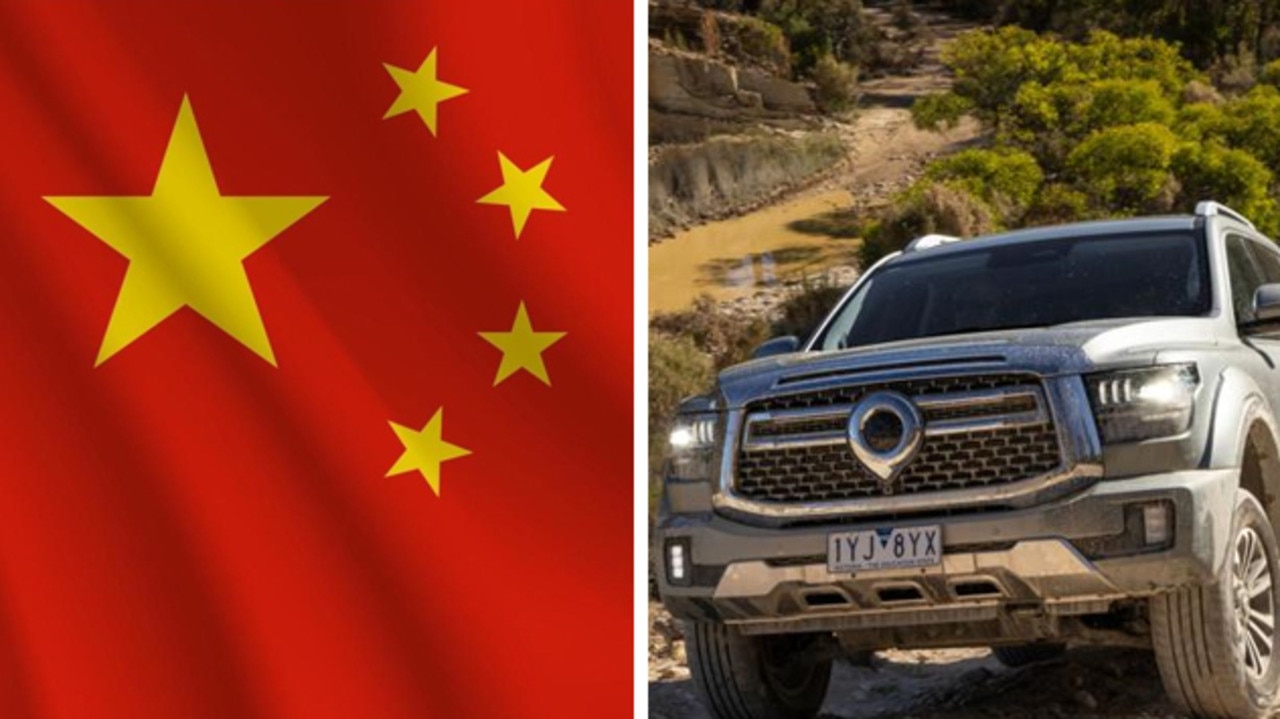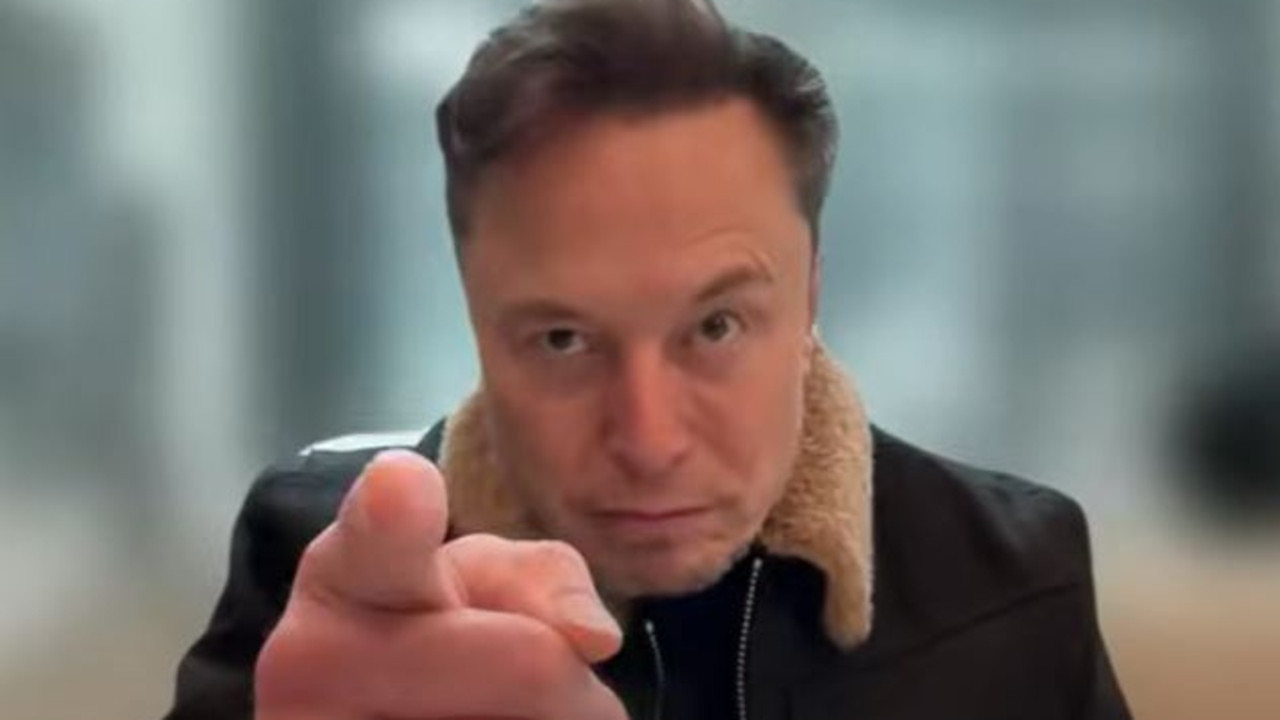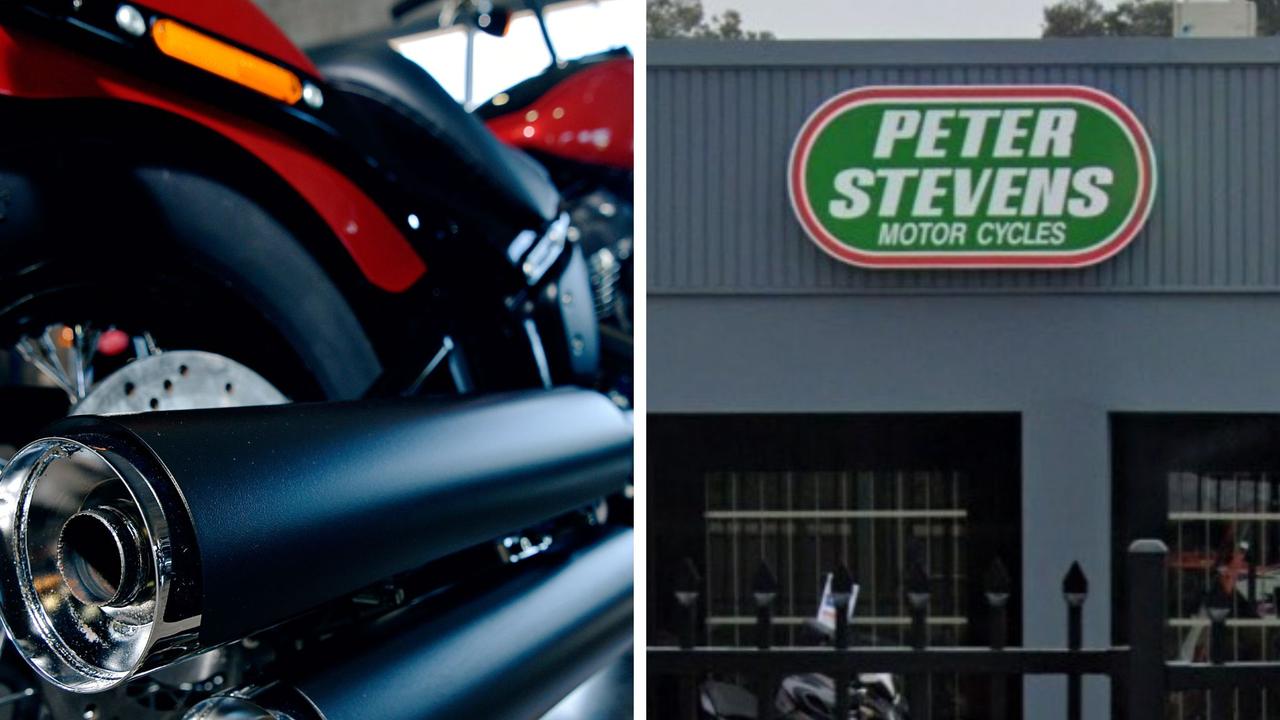Car makers respond to Trump taxes
Increasing prices, factory shutdowns tipped as manufacturers move to address Trump’s import tariffs.
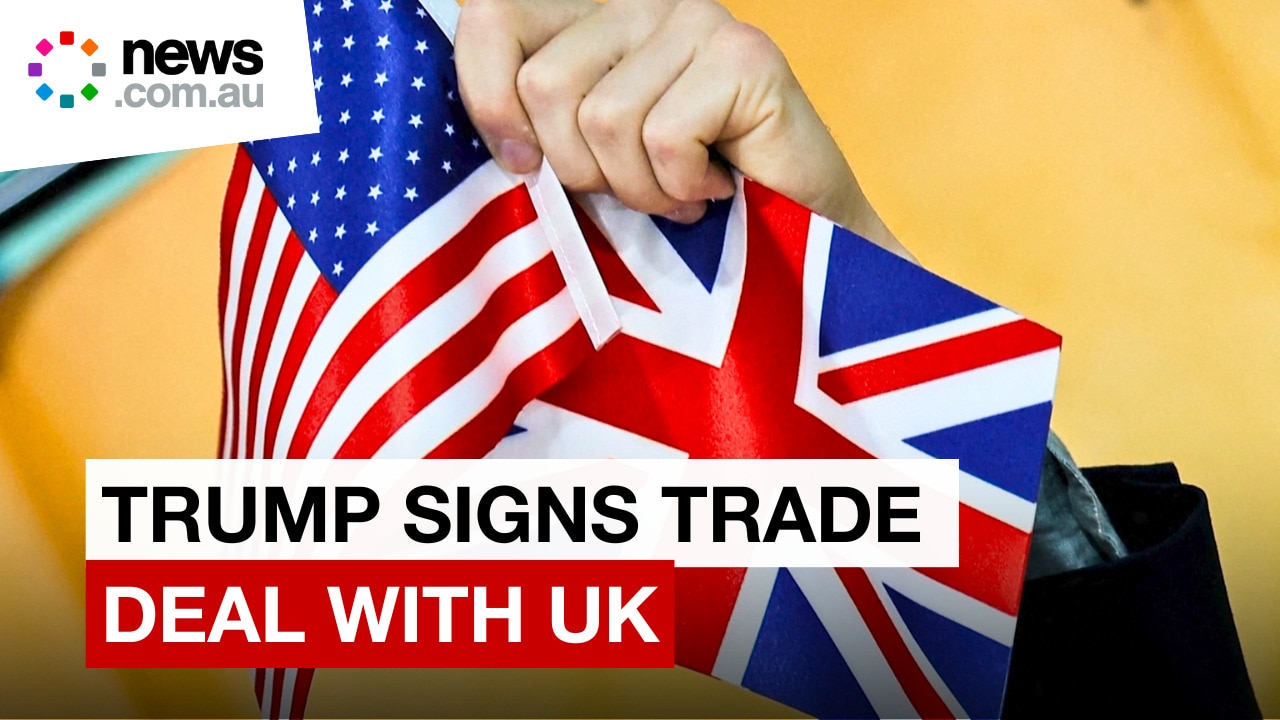
Carmakers are raising prices en masse to absorb the increase costs associated with Donald Trump’s 25 per cent tariffs levied on all imported cars and light trucks.
According to recent Allianz research, more than half (54 per cent) of 4500 companies questioned have, or will, raise prices to offset the huge cost of the tariffs, including American-owned and operated car-makes like Ford, GM and Stellantis that have already suffered billion dollar slumps in their profits.
MORE: EV sales drop to lowest in 12 years
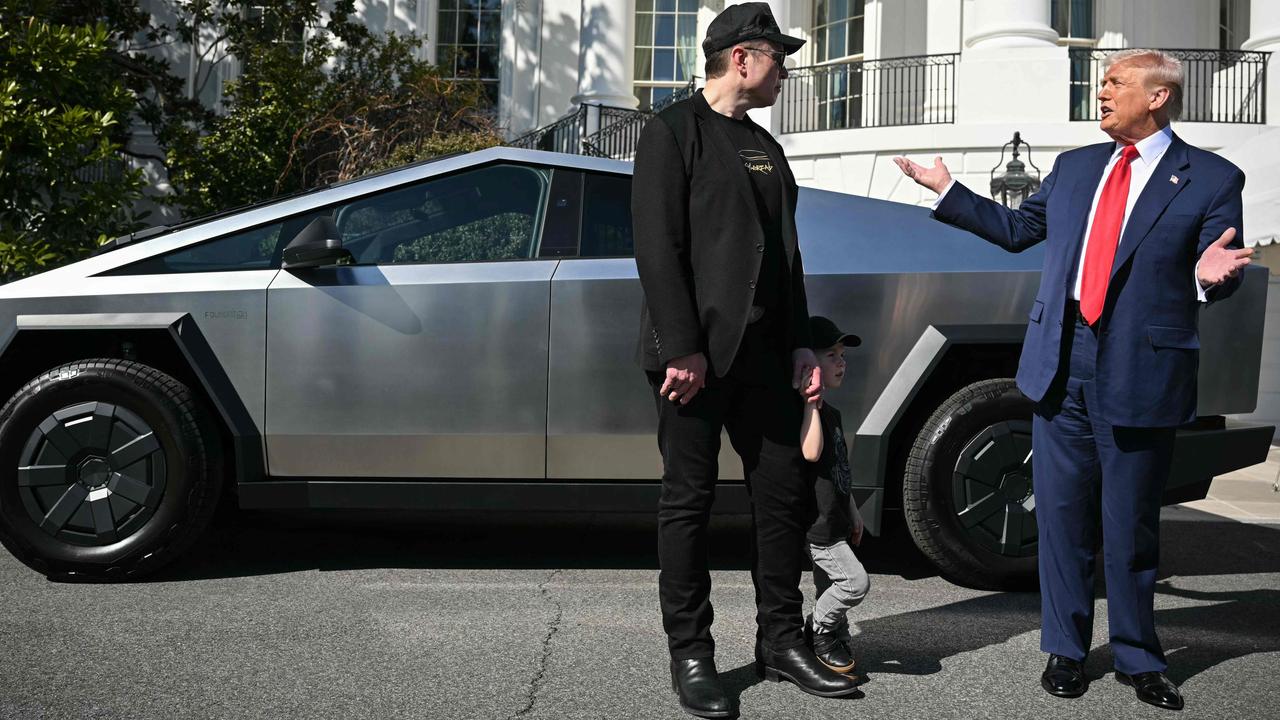
Analysts suggest, without price increases, the US car industry alone will have to stomach up to US$100 billion-worth ($155b) of increased costs annually.
The latest carmaker to respond with price hikes across the board is Subaru that has announced increases that stretch from US$750 ($1150) to US$2055 ($3200) per car, with the new pricing set to be implemented as soon as June 1.
Announcing the increase was in a response to “current market conditions”, Subaru and many others brands have been careful not to mention the Donald Trump by name, despite the 25 per cent tariff on all imported vehicles and auto parts being the brainchild of the President.
MORE: The car ready to take over Australia
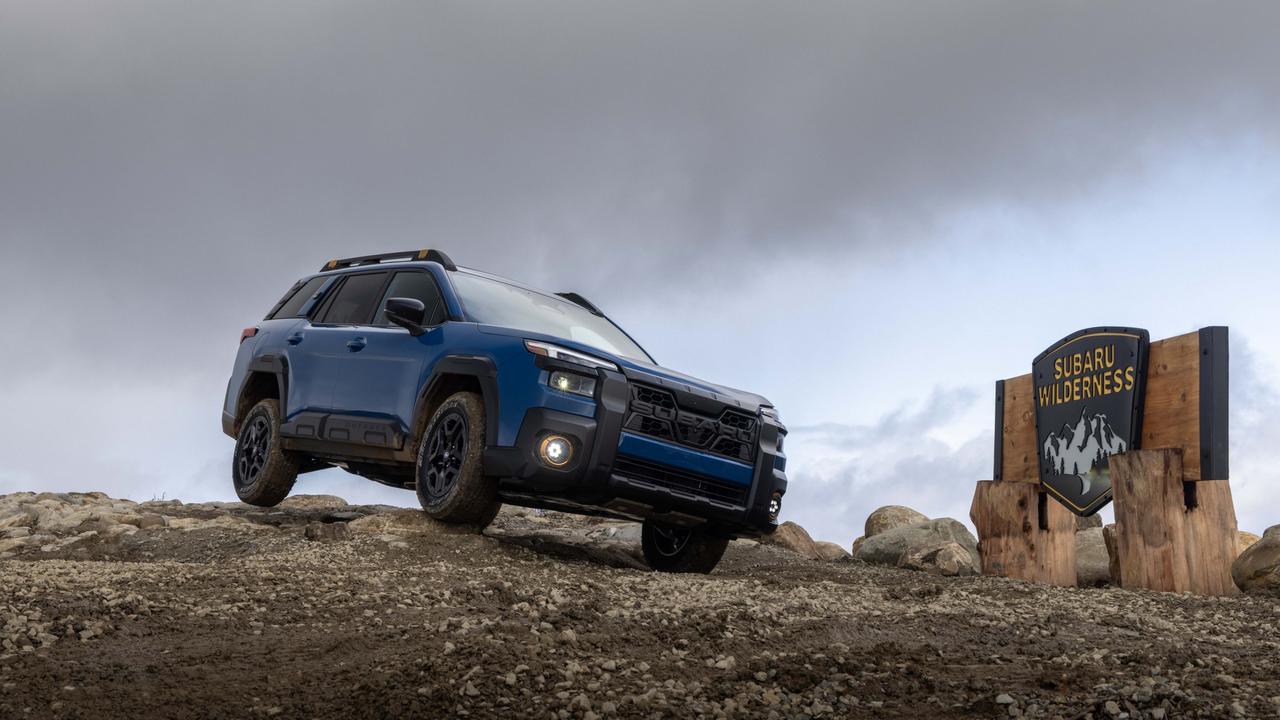
Tariffs implemented elsewhere in other industries have frequently resulted in price hikes and in the car industry is even prone to them thanks to the highly complex web of suppliers and the suppliers for suppliers, as well as those who source and process raw materials means.
It’s not uncommon for assembly to take place in one country, a powertrain to be made in another and electronics and for some parts to be sourced from multiple regions.
That means even “American” brands like General Motors are exposed and, indeed, GM has already disclosed it thinks it will pay somewhere between US$4 billion ($6.2b) to US$5 billion ($7.7b) in extra costs a year.
Even Ford, which makes around 80 per cent of all its cars it sells in the US, is now preparing to say goodbye to around US$2.5 billion-worth ($3.9b) of its earnings annually.
MORE: Tesla’s huge move in Australia

Its Mexican operation, meanwhile, has forced it to increase the amount buyers have to pay for the Mustang Mach-E, Bronco Sport and by between $600-$2000 ($930-$3100).
Subaru, that imports 45 per cent of the vehicles it sells in US, is a prime example on how unwieldy tariffs can and do trigger unexpected consequences.
Instead of ramping up production in the US – it’s doing the opposite, racing to shut down the Outback’s assembly line at its Indiana plant.
That’s because, even with increased price, the end of the free trade agreement with Canada, and the subsequent introduction of tariffs there, has eliminated the business case for the wagon to be made in the US.
With profits plummeting and patience wearing thin, carmakers are slowly becoming more vocal in public as intensive lobbying falters falls on deaf ears.
Witness Toyota’s North American chief executive, Mark Templin.

“When it comes to tariffs on auto parts, it’s important to understand the supply chains are global, they’re complex, and they’re very fragile. And many of the suppliers are not capitalised for an abrupt tariff.
“So, levies on parts will negatively impact the automobile supply chain and lead to higher prices, lower vehicle sales, and will make servicing and repairing vehicles more expensive for customers.”
Despite hailing from the land of the rising sun, Toyota within the US is as American as apple pie.
Owning and operating as many as 14 factories only half of all the cars it sells are considered US-made and the fact it has invested hundreds of billions of dollars in the US and employs 136,000+ citizens doesn’t mean a thing.
For it to be considered truly American it would potentially have to double its manufacturing facilities and workforce – all while enduring the pain of punishing profit-sapping tariffs.
This growing resentment within the car industry has seen even apolitical Volkswagen of America threaten to add cheeky “import fee” stickers to every car it sells, to help explain to customers why prices of every model it sells has rocketed but there is some optimism the tariffs might be temporary and all part of the “art of the deal”.
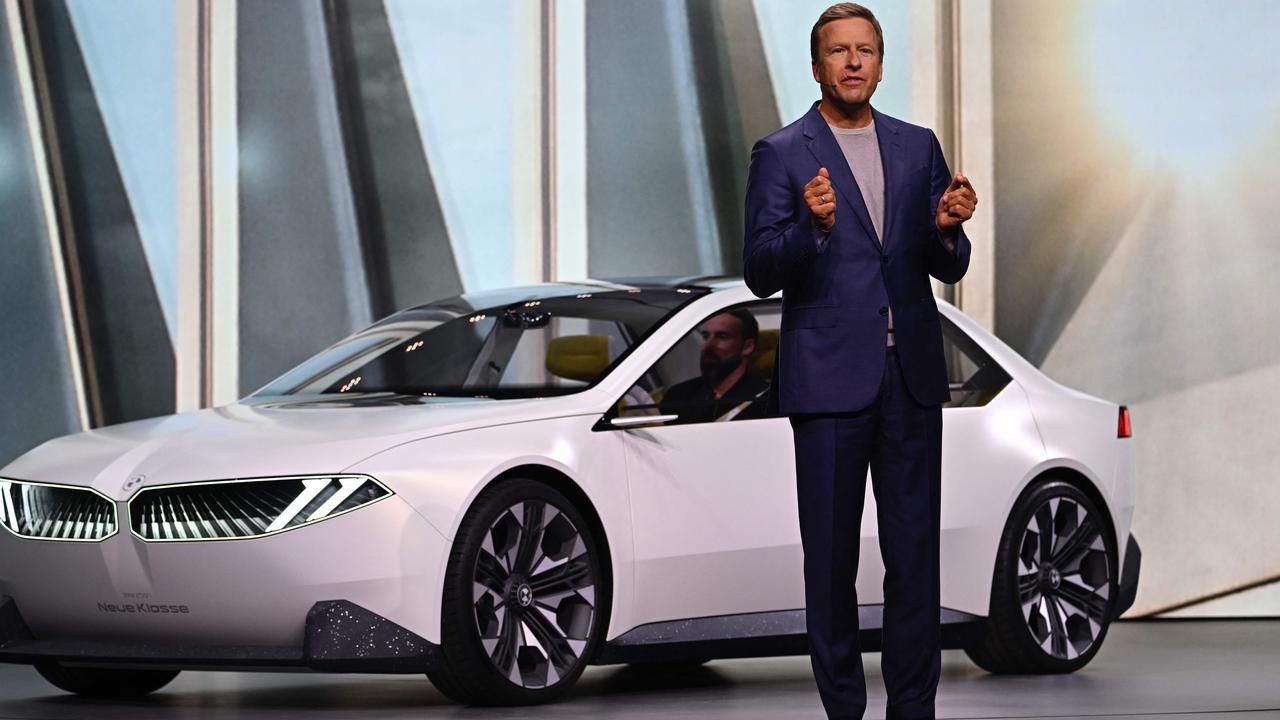
BMW’s chief executive, Oliver Zipse, is confident that the full 25 per cent levied on imports will be dropped as soon as this July.
In recent interviews Zipse also says he said he expects tariffs between the US, Canada and Mexico to also fall – and his reasoning?
BMW’s boss thinks the “costs are far too big for everybody”, with the carmaker reporting a hefty 25 per cent fall in profits in the first three months of the year – which is unsustainable even with the margins premium and luxury cars command.
The July date could be significant as it is the date Trump’s 90-day pause of tariffs above a flat rate of 10 per cent ends.
Some concessions at the end of April have already been made, signalling a renegotiation might be on the cards.
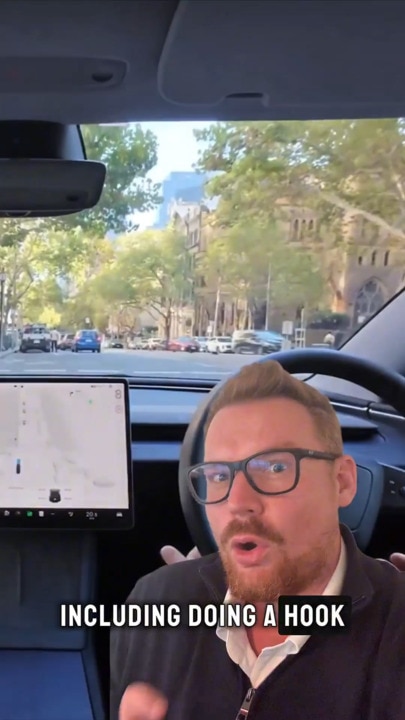
Now, in the first year if a car consists of more than 85 per cent of parts made in the US, Canada or Mexico it will escape tariffs, although that figure rises to 90 per cent in the second year.
The two-year relief of carmakers is claimed by the Trump administration to provide enough time for brands to relocate local suppliers to within the US but behind the scenes that timescale has been dubbed “naive” and “unrealistic”.
With the effective truce between the US and China holding strong it is hoped Trump might have lost the appetite for continuing to wage a war, especially one closer to home with a coalition of powerful carmakers but if he hasn’t and Trump still passionately believes tariffs are the only lever to encourage more US consumers to buy American then there will be plenty more pain in store for both carmakers and customers.

